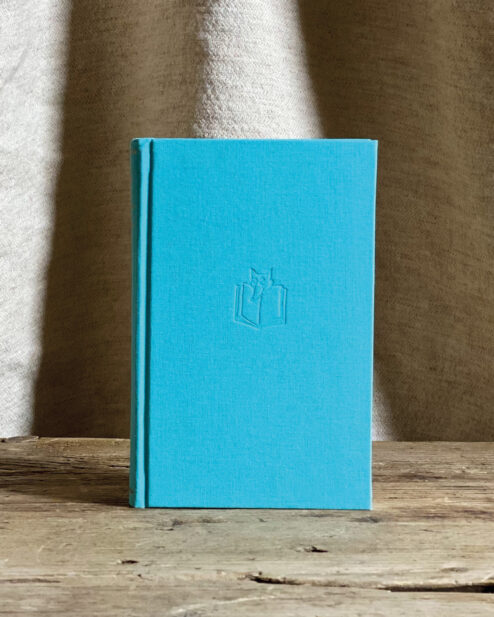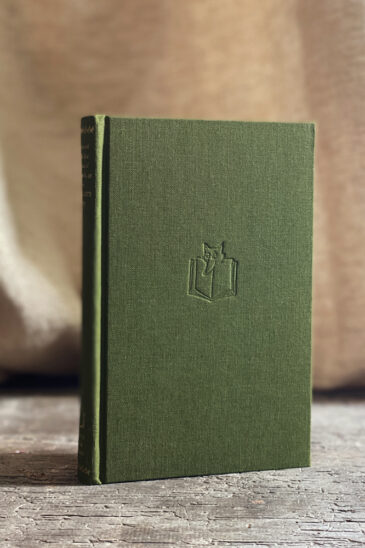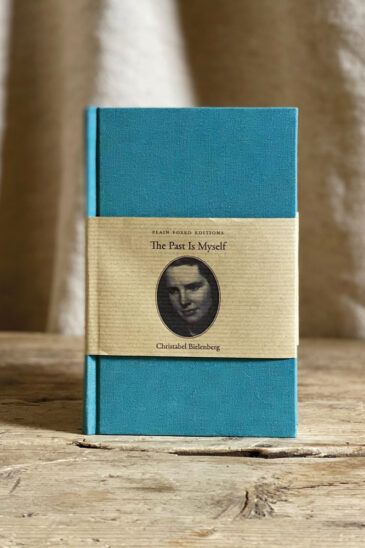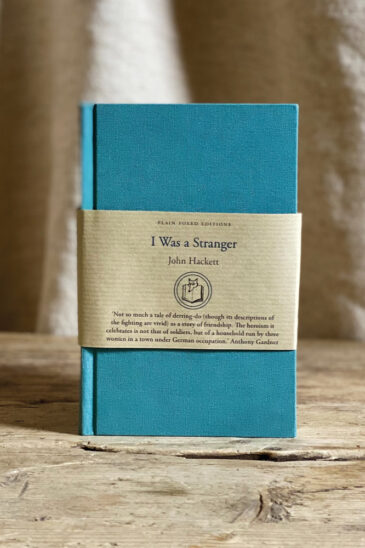It is three o’clock in the morning, ‘the very bottom of time’ as Pamela Bright describes it, and her ward is filled with wounded men. So overstretched is she that she barely knows where she is, but as her gut-wrenchingly vivid account progresses, we begin to understand that she is in a Casualty Clearing Station attached to the British Second Army in Normandy, which had landed a week after D-Day in June 1944. Pamela is one of the young nurses working heroically to tend to the wounded in impossible conditions a few miles from the front line.
Pamela doesn’t see herself as in any way heroic, however, and the first thing that strikes you about her is her extraordinary humility, her determination to look honestly at how she’s doing her job in order to do it better. She tells us very little about herself. We know that she trained in Edinburgh, spent time in an Army hospital in Palestine and that she’s still anxious about the gaps in her knowledge. Very few of the patients in the hospital’s 121 camp beds will return to the fighting. Her job is to stabilize them for evacuation or comfort them until they die. As a ward nurse, she knows that in a crisis it is up to her to radiate calm rather than panic and remembers the advice of one of her teaching sisters: ‘Busy yourself quickly over the most menial task that you can find to get a grip on yourself and so help others.’
Somewhere in the background the war is taking its course as the Second Army moves through Northern France, across the Rhine and into Germany. At one point a stray German shell hits the field hospital, fatally wounding some of the patients. But this haunting and unusual memoir is not primarily concerned with what is happening in the war. It is a graphic account of what working with the injured and the dying in a wartime situation feels like, in words that come straight from the heart.









